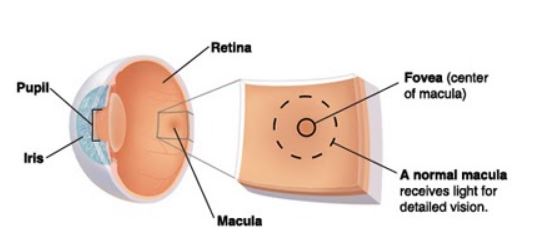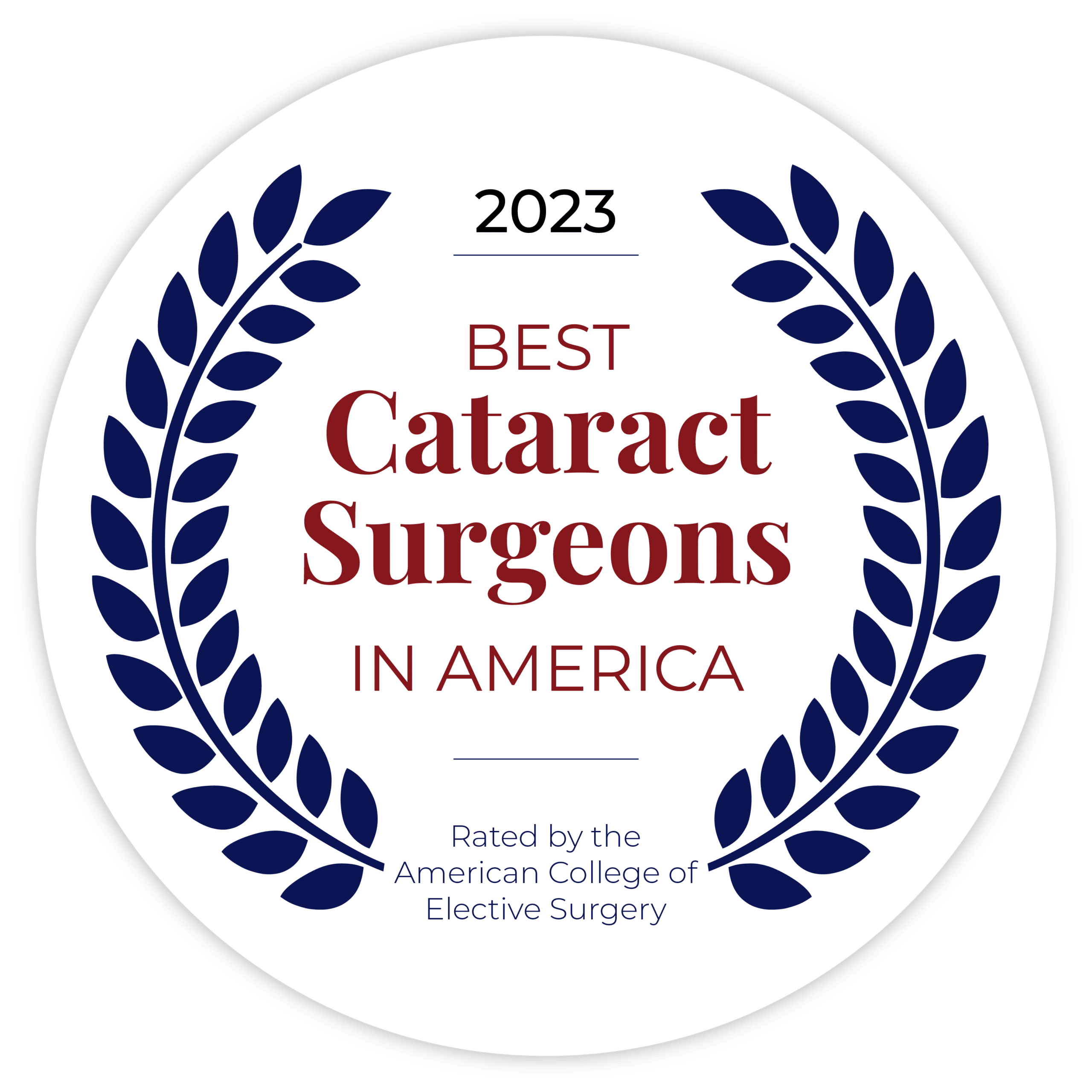NORTHERN NEVADA’S LEADERS IN EYE HEALTH
Experts in state-of-the-art medical and surgical care for the eyes.
CONDITIONS TREATED
Macular Degeneration
What is Macular Degeneration?
Age-Related Macular degeneration is an eye disease. AMD is the leading cause of vision loss in adults after age 50. One or both eyes may be affected. The macula (the part of the eye that controls central, detailed vision) becomes damaged. Central vision becomes limited. However, side vision remains clear. There are two types of macular degeneration: “dry” and “wet.”
Dry Macular Degeneration
Dry is the most common type of macular degeneration. In the early stages, changes in vision may be hard to notice. Over time, your central vision may slowly worsen. You may notice wavy lines and blank spots in the center of your vision. Colors may look dim. There is no way to restore vision lost from dry macular degeneration. But you need to monitor it because it can turn into wet macular degeneration.
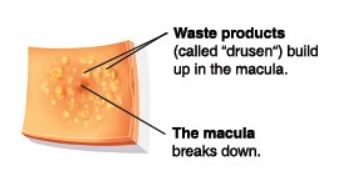
Wet Macular Degeneration
Wet macular degeneration is less common but more serious. Vision loss is quick and severe. You may suddenly notice dark spots, blank spots, wavy lines, and dim colors in the center of your vision. If wet macular degeneration is caught early, laser treatment may help slow further vision loss.
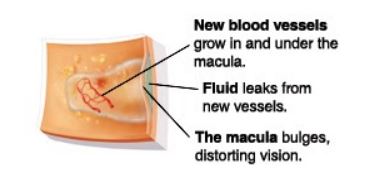
Adapting to Age-Related Macular Degeneration
If you have vision loss from macular degeneration, you can continue with many of the activities you do now. Vision aids can help you with tasks that require detailed vision. Keep monitoring your vision and call your doctor if you notice any changes.
Use Vision Aids
Vision aids can help you continue to read, take care of yourself, and enjoy the world around you. Here are some types of vision aids:
- Magnifiers and closed-circuit television devices for reading text
- Check-writing guides and large-print checks
- Large-faced watches and phones
- Books with large type and books on tape
- Talking clocks and other talking devices
- Lighted magnifier
- Check-writing guide
- Large-button phone
- Talking clock
What You Can Do to Lower the Risk
- Don’t smoke
- Eat healthy food, especially green leafy vegetables
- Take vitamins with lutein
- Control your blood pressure
- Control your weight
- Exercise
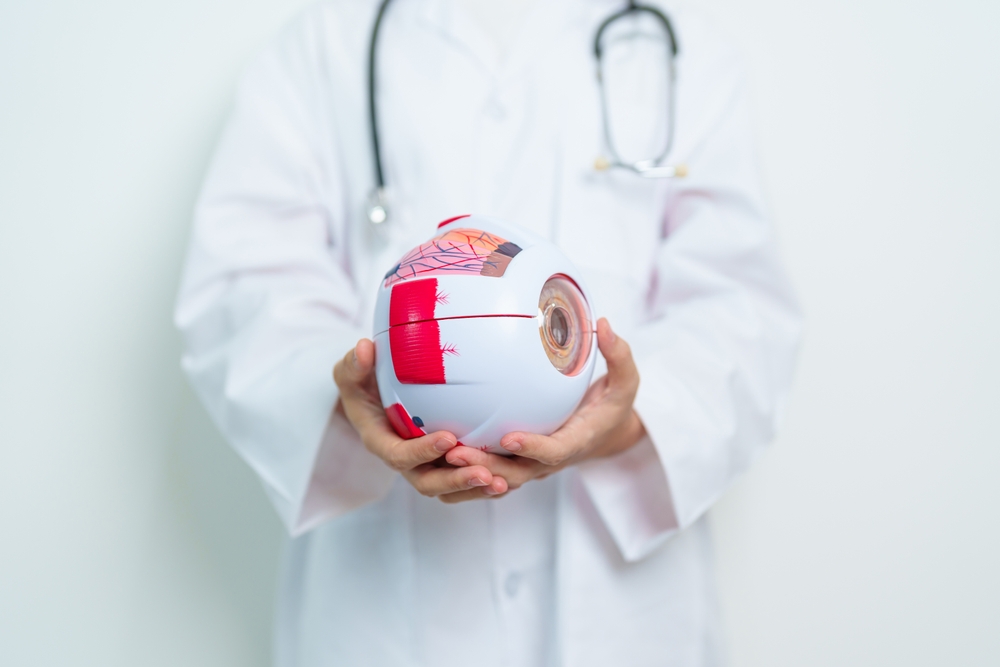
Why Choose Us
At Eye Care Professionals, our mission is simple and clear:
- Protect and Preserve: We are dedicated to safeguarding your vision, eye health, and quality of life.
- Thorough and Effective Care: Our goal is to provide the most comprehensive and effective eye care possible.
- Compassionate Service: Our team of ophthalmologists, optometrists, and friendly, knowledgeable staff treat you with the compassion and commitment you deserve.
- Patient-Centric Approach: We always put the needs of our patients first, ensuring personalized attention and treatment.
In essence, we care deeply about you and your vision, striving to make your experience with us exceptional every step of the way. Choose Eye Care Professionals for a trusted partner in maintaining your vision and enhancing your well-being.




